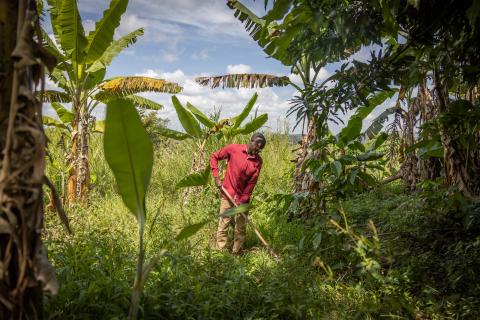250 Kilwa District women set to receive customary title deeds
A TOTAL of 250 women from 14 wards of Kilwa District in Lindi Region will soon receive customary title deeds, something that will enable them to access loans, thus engage fully in economic activities including agriculture.
This has been possible through the Kilwa Local Rights Programme that is being executed by ActionAid Kilwa.











